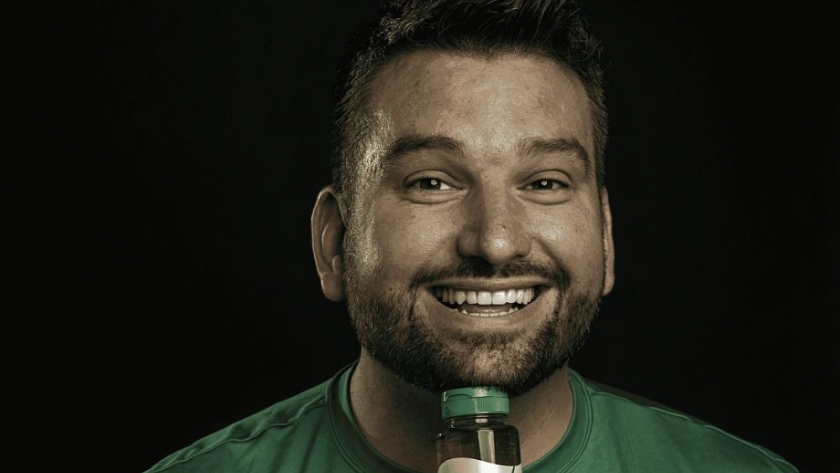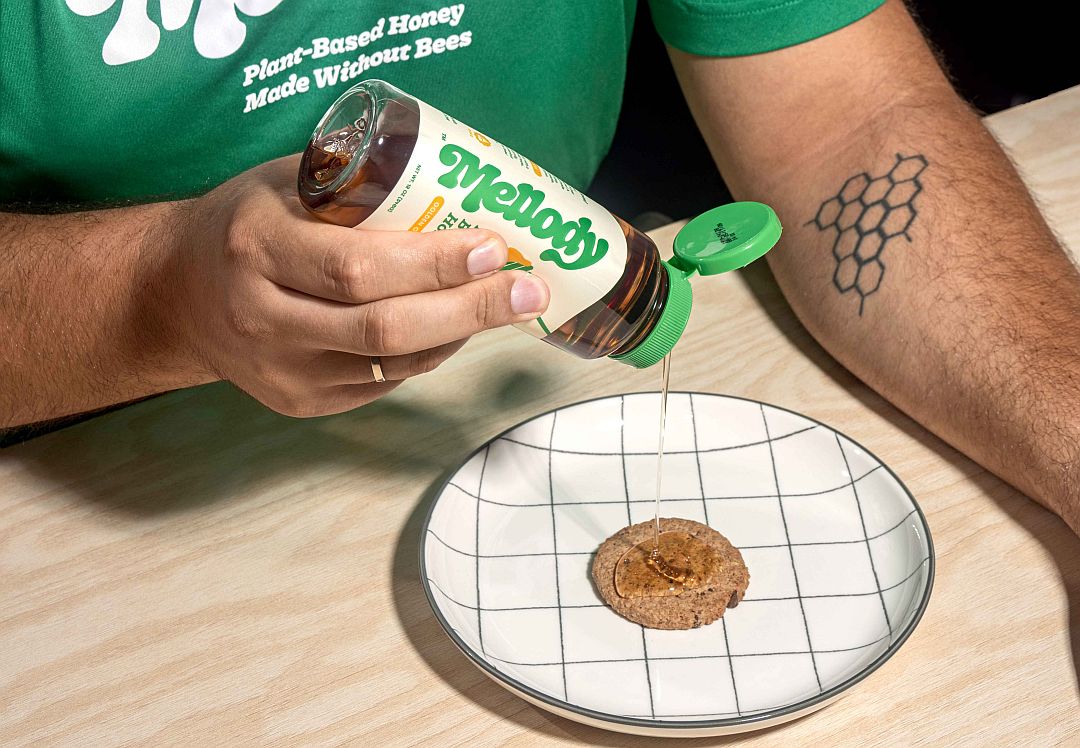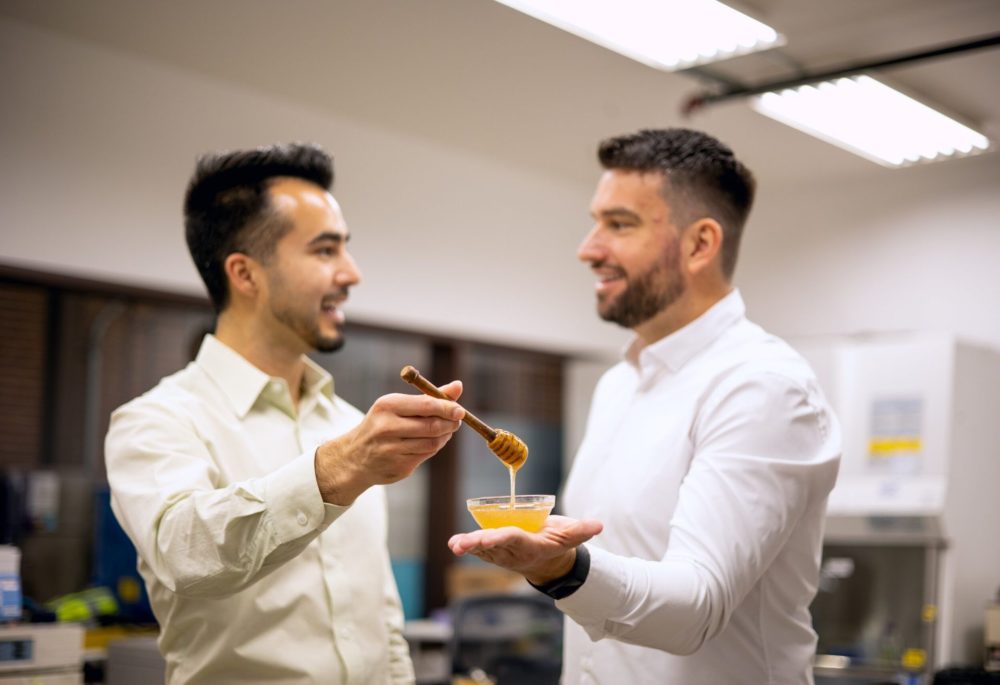
By Agroempresario.com
In a pivotal development for the foodtech sector, California-based startup MeliBio, known for its bee-free honey innovations, has officially been acquired by FoodYoung Labs, a Swiss innovation lab and venture studio. The acquisition marks a strategic move that may reshape the future of plant-based sweeteners and highlights a growing synergy between foodtech startups and established food companies.
MeliBio, founded in 2020 by Darko Mandich and Dr. Aaron Schaller, quickly gained attention for its mission to create honey without bees. The startup developed Mellody, a plant-based honey alternative made from botanical extracts and enzymes, formulated to replicate the taste, texture, and composition of real honey—without harming pollinators.
The deal includes the Mellody brand, MeliBio’s Generation 1 technology, and all associated intellectual property. However, it does not include the firm’s more advanced Generation 2 fermentation technology, which seeks to produce honey by mimicking the enzymatic process of bees.
The acquisition by FoodYoung Labs, headquartered in Balerna, Switzerland, signals a new phase for the Mellody brand. FoodYoung brings deep capabilities in product development, supply chain management, and marketing—backed by its successful portfolio of food brands such as ZAZ, Kakoo, Bonnap, and FRŸZE.
“We realized that in the current climate, foodtech can only move forward with strong participation of a food company,” said Darko Mandich, CEO of MeliBi

As part of the transition, manufacturing of Mellody products will move from Southern California to Balerna, with future plans to reintroduce the products to the U.S. market under the management of FoodYoung Labs.
The acquisition comes at a critical time. Mandich acknowledges that 2024 has been one of the most difficult years of his career. Despite the challenges, Mellody secured listings in over 500 U.S. retail and foodservice locations, along with several B2B partnerships.
Yet, fundraising remained a hurdle. MeliBio’s hybrid identity—both CPG and deep-tech—posed a valuation challenge for investors.
“Some investors saw us as too science-heavy for consumer packaged goods, while others thought we were too consumer-focused for deep tech,” explained Mandich.
Both Mandich and Schaller will assist during the transition phase, though their long-term involvement with the Mellody brand remains uncertain.
Mandich emphasized that foodtech innovation requires time, and the market has not been generous in offering that. He pointed to lessons learned from MeliBio’s earlier European expansion—including a private label partnership with Slovenian food maker Narayan—as critical experiences that shaped their focus on the U.S. market.
“We realized over time that focusing on the U.S., where we can control the supply chain, just made much more sense,” he said.
With nearly $10 million raised from firms like Big Idea Ventures and Astanor Ventures, MeliBio had significant early momentum. But the post-ZIRP investment climate has changed the game. Venture capitalists have grown more cautious, especially after setbacks across the foodtech space.
Still, Mandich remains optimistic.
“Investors are burnt, and I understand that. But venture is a long game of taking big risks that can bring outsized results,” he said. “Food is a place where those outsized returns exist.”
He believes future foodtech companies can do more with less capital, provided they receive support from traditional food companies earlier in their development.

